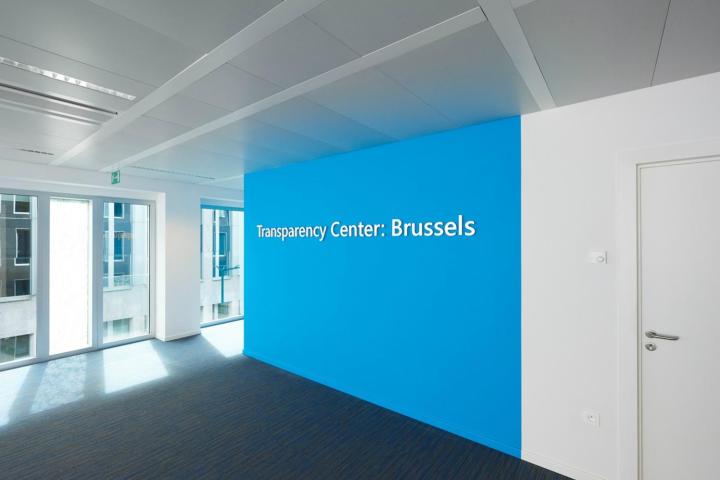
Globally, Microsoft’s Government Security Program (GSP) community, which was initiated in 2003, consists of 42 agencies from 23 national governments and international organizations. The European Commission serves as the most recent addition to the program.

With the help of the newly launched Transparency Center, government investigators will be sanctioned to thoroughly review code in Windows 8.1, Windows 7, Windows Vista, Microsoft Office, Windows Server Lync, SharePoint 2010, some versions of Windows Embedded, and presumably Windows 10, following its launch at the end of next month.
“Only by increasing confidence in the digital solutions which have the potential to catalyze whole economies can Europe ensure that every citizen, business, and government feels the benefits of the digital revolution,” writes Microsoft Security VP Matt Thomlinson in an official blog post. “And we hope today’s announcement can help bring us one step further towards achieving this goal.”
While the investigation of additional software may be permitted with approval from the company, Microsoft promises concrete GSP support for other products in the foreseeable future.
With governments growing progressively more concerned with the notion of corporations handing over user data to spy agencies, the new Transparency Center location in Brussels intends to accentuate Microsoft’s devotion to security in the face of Europe, Africa, and the Middle East.
Editors' Recommendations
- Microsoft Edge opens AI-upscaled video to AMD graphics cards
- Microsoft’s emoji library goes open source
- Microsoft confirms Windows 10 21H1, its first major update for this year
- Twitter’s new Privacy Center lets you know what’s happening with your data
- Your Xbox One may have let other people listen to you, Microsoft contractors say

